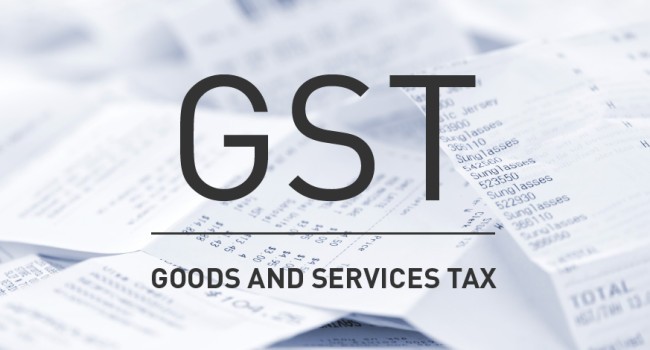
If Arun Jaitley, former finance minister of India, is remembered by history, it will be for the legacy he left behind in ushering in the Goods & Services Tax (GST), a tax that has the potential to turn India into one single common market.
The tax measure, which subsumed some 17 Central and state taxes and abolished Octroi and inter-state check points that used to hold up truckers for days, was thought up by P Chidambaram, Jaitley’s rival in politics. Rigid opposition by BJP-run states did not allow Chidambaram to progress with the measure.
An attempt by former president Pranab Mukherjee, during his tenure as finance minister after Chidambaram, to break the deadlock during a trip to Ahmedabad by holding direct talks with Narendra Modi, then Gujarat chief minister, did not succeed after Modi raised procedural objections.
However, it was left to Jaitley’s diplomatic skills in managing to win friends across political divides and his ability to strike compromises, which ensured that the tax was accepted by all parties and state governments. GST meant state legislatures had to give up their powers to tax on most subjects to a national council, something unheard of till then.
Never one to be cowed down, Jaitley piloted the GST movement cajoling the opposition Congress to give up on their sticking points and agree to a broad consensus in carving out a GST Act. The GST, brought in on the midnight of July 1, 2017, was billed a great revolution.
It was not the best of tax legislations. The number of rates were too many; anomalies were several and the tax system itself too complicated. Small businesses who could not cope with it suffered huge losses and jobs were lost as many of these businesss suddenly found that since they could not offer tax credits for the inputs they sold, big business were no longer willing to buy from them.
However, as all admit, despite the defects, GST was in the right direction. “We cannot go back now. It is a progressive tax. Yes, it was unwieldy to start with and had to be improved with repeated changes introduced by some 36 meetings of the GST Council. Even now, fine-tuning is needed. But its is the way ahead,” said Sumit Dutt Majumder, former chairman, Central Board of Customs and Excise.


.jpeg)

